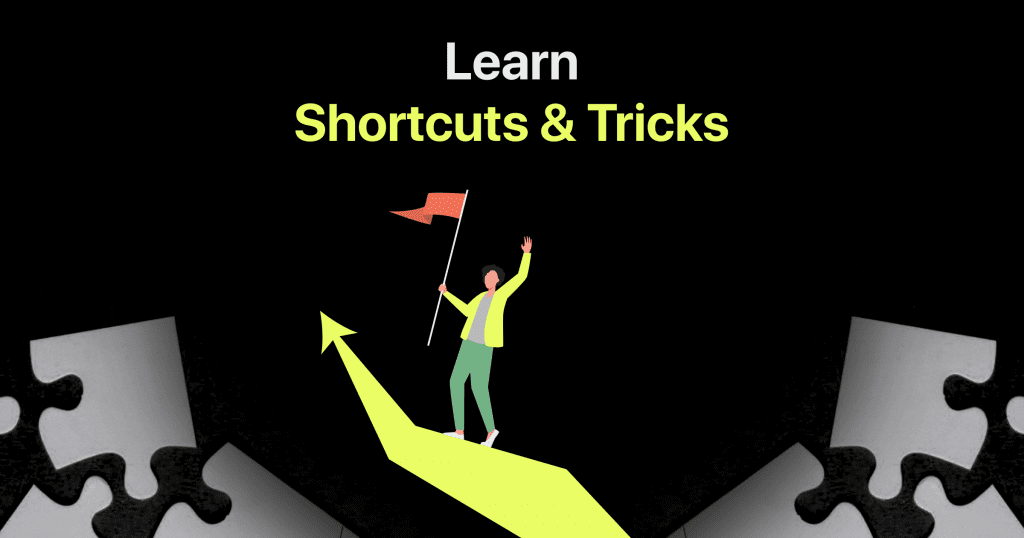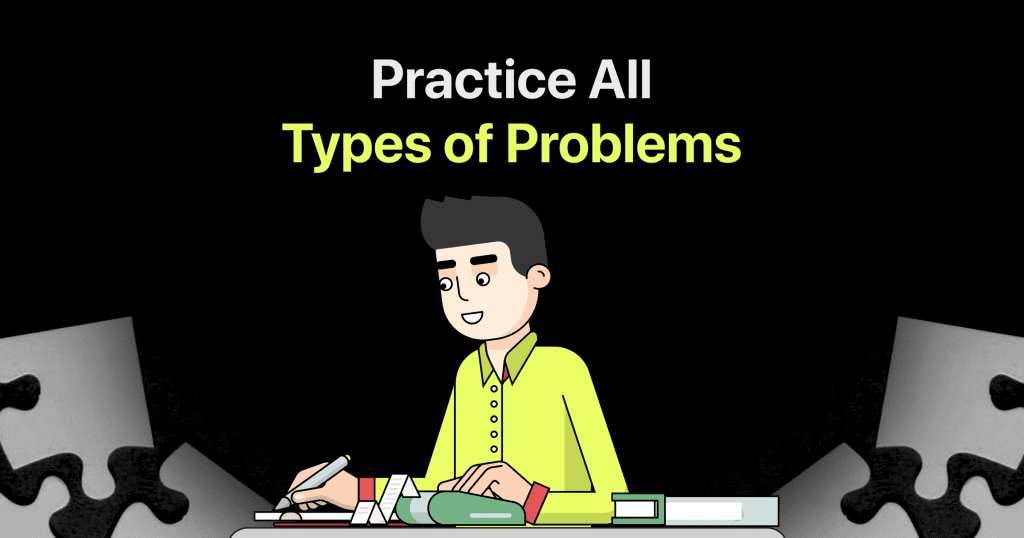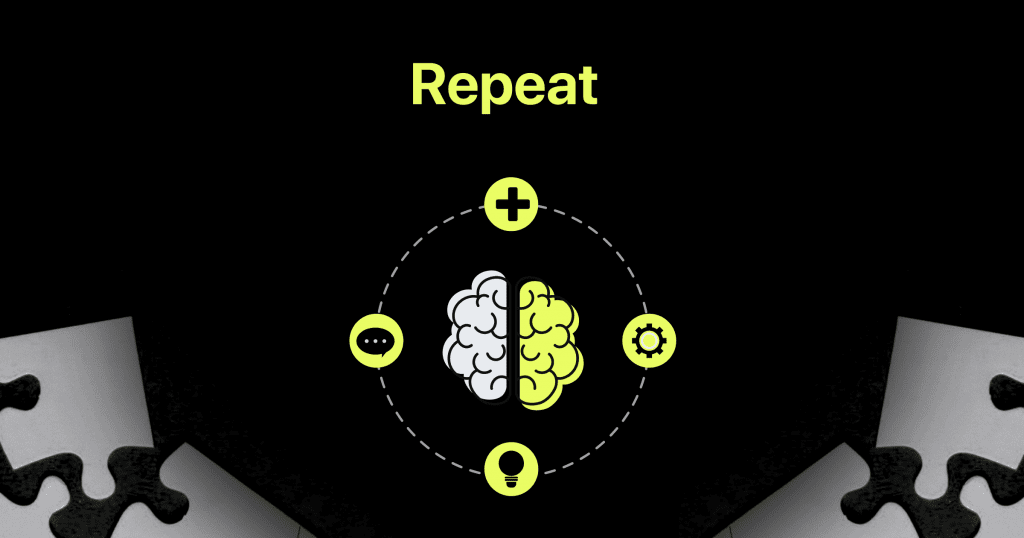How to Prepare for Quantitative Aptitude For Placements

Senior Students in their last year of college must deal with Quantitative Aptitude exams shortly before placements. While placements sometimes seem far away, it is never too soon to start studying for the exams.
If one is persistent, the question “How to prepare for Quantitative Aptitude for Placements” is not tough to answer. A candidate should have at least 4-6 months to prepare, and with careful planning, one can successfully complete these assessments and interviews with no difficulty.
There are a few things that must be considered in order to prepare for the Aptitude test for placements.
How to Prepare for Quantitative Aptitude Section For Placements
Following are the tips on how to prepare For Quantitative Aptitude for placements:
Step 1: Prepare Yourself for the Journey



Students go through various emotions, ideas, and the manifestation of complex feelings when studying for the exam.
This is due to the competitive and ambitious objectives that a student set for themselves. Healthy competition and having high standards for oneself are unquestionably signs of a winning attitude.
However, if this is not channelled suitably, it might lead to undue stress and misunderstanding during the assessment.
It is common for students to feel overwhelmed when preparing. They become overwhelmed by the idea of a syllabus and subjects. Students also become anxious and stressed when they overthink a problem.
You should take proactive steps to address them. You should take some time to unwind before resuming your preparations. Having a positive mindset is absolutely necessary for Quantitative Aptitude preparations.
Step 2: Know the Syllabus



You can make the most use of resources for the Quantitative Aptitude preparations if you understand the syllabus thoroughly. You will be ready for any topic in the examination if you have the syllabus imprinted in your memory.
The Quantitative Aptitude section is extensive, and time is valuable while studying for placement exams. You can’t afford to spend effort on topics that aren’t likely to be in the exam. As a result, know your syllabus to save effort.
If you adhere to the syllabus, your Quantitative Aptitude preparation will become more concentrated.
Step 3: Choose the Study Material



You can take help from numerous Youtube channels, apps, and websites to find tips and tricks on how to prepare for Quantitative Aptitude for placements.
These Quantitative Aptitude Youtube channels are often run by industry experts and individuals who have already aced these exams and understand the know-how of the section.
Step 4: Understand the Concepts



A legible comprehension of mathematical principles is referred to as conceptual understanding. Students with a conceptual understanding of quantitative aptitude are more prepared than those who only know methods and techniques.
Students must grasp why a mathematical concept is essential and how it can be used in various real-life situations. In doing so, they put their information into a logical order that allows them to attain new perspectives by relating them to something they already know.
Memorising is also assisted by conceptual understanding. Because information and methods taught via understanding are interconnected, they are more straightforward to remember and use.
Step 5: Learn Shortcuts & Tricks



Not everyone is a natural at spinning numeric values. Still, Quantitative Aptitude problems aren’t as tricky as they appear when you utilise easy tips and tricks to solve them.
Tricks and shortcuts for Quantitative Aptitude questions are the most straightforward and practical approaches to answeringQuantitative Aptitude questions.
Understanding how to solve Quantitative Aptitude questions effectively will help students gain confidence in mathematics, enhance their abilities and knowledge, and flourish in placement examinations.
Step 6: Try out the Pomodoro Technique



In Italian, Tomato is known as Pomodoro. Francesco Cirillo pioneered the Pomodoro technique for increasing productivity. It is both straightforward and efficient.
The work to be accomplished is predetermined. The countdown is set for 25 minutes of focused engagement in the task. It is followed by a 5- minute break. A 5-minute rest after 25 minutes replenishes the brain. This process is performed four times for a complete cycle.
After every 1 complete cycle, a more extended rest of roughly 20 minutes is taken. This strategy assists in breaking down a massive work into smaller portions, making it increasingly vital in Quantitative Aptitude preparation.
Step 7: Practice All Types of Problems



Practicing every problem to cover every topic in the syllabus might seem daunting. But industry experts have recommended practicing every problem at least twice to provide a gist of the nature of the questions asked from the concerned topic.
Some questions are frequently asked, while some are rarely asked but tend to be easily solved.
By practicing, you can also reduce anxiety and stress whenever unexpected surprises arise in a tense environment like an examination.
Step 8: Test Your Knowledge



When you practice real test questions. You get more familiar with what you need to study while also understanding the terminology style of the examination.
Make a list of possible test questions and quiz yourself to know what you need to practice more. Consider flashcards! Make your own flashcard game out of notes. Ask for assistance from a flatmate, friend, or relative.
Every student preparing for Quantitative Aptitude should take mock tests to test their knowledge. There is no replacement for mock tests; everyone needs them.
Consider the scenario where you attempt a mock question paper but fail to pass it. Therefore, when you begin studying the topic again, you already have a certain amount of practice and knowledge gained from former errors. You can utilise it to improve your current preparation.
You must take mock tests to assess how you’re doing, even if this is your first time. This will help you determine your actual level of preparedness. You can then carry out your study strategy as planned.
Step 9: Repeat



When you watch or read something once, you don’t learn it, at least not well enough to remember it forever. It may entice you for another few hours. Then you quickly forget about it and move on to a different thing.
Repetition is the caregiver of learning. While age affects our memory, there is still a lot we can do to help us memorise more.
For centuries, repetition has been used as a strategy for memorising. The right type of repetition can help your memory tremendously. To prepare for Quantitative Aptitude for placements, you must repeat everything you have learned.
When information is repeated or revisited frequently but at gradually increasing intervals. In that case, it gets transferred to another brain region to be retained in long-term memory. That becomes ingrained with duration.
Every time you discover something new and practice it, you strengthen your memory’s specific behaviour and make it simpler to remember.
Conclusion
We hope this article helps you to understand the tips and tricks to prepare for Quantitative Aptitude for placements. Quantitative Aptitude is not tough to crack if you are persistent with your efforts and honest with yourself about your preparation. If you have any comments and queries, drop your suggestions in the comment section.
Frequently Asked Questions
Frequently asked questions on how to prepare for Quantitative Aptitude for placements:
1. How do I start preparing for Quantitative Aptitude?
You can start preparing for Quantitative Aptitude by first understanding the syllabus of your placement preparation exams, then learning the tricks and tips for solving the problems, and then repeating the process for better comprehension.
2. I find myself weak in Quantitative Aptitude. How can I prepare myself?
If you are struggling to ace Quantitative Aptitude problems. In that case, you should learn from some great free resources like YouTube, blogs and books written and curated by industry leaders who already aced the Quantitative Aptitude placement examination.
You should also start practising more and more to enhance your cognitive memory. You can also start taking mock tests to evaluate yourself and determine your weak and strong points.
3. How long does it take to learn Quantitative Aptitude?
The duration depends on students’ comprehension abilities of the given theory and their rational thinking abilities to apply the correct procedure to reach the correct conclusion. Both comprehension abilities and rational thinking abilities can be improved by practice.
4. How can I prepare a timetable for Quantitative Aptitude?
A student can prepare a timetable for Quantitative Aptitude by first understanding the syllabus of your placement preparation exams and then dividing time for each section on the order of difficulty level and the time taken to complete each section.
5. What’s the best way to learn Quantitative Aptitude?
Quantitative Aptitude preparation strategy:
- Understand the Syllabus
- Understand the Real-life application of the topic
- Understand the Concepts of the topic
- Learn the important Quantitative Aptitude Formulas
- Learn the Tricks and Tips
- Practice
6. Which is the best youtube channel for learning Quantitative Aptitude?
Placement Preparation is the best Youtube channel for preparing Quantitative Aptitude.
7. Which is the best book for preparing Quantitative Aptitude?
According to student reviews, Quantitative Aptitude – R.S. Aggarwal is the best book for preparing Quantitative Aptitude.
Explore Quantitative Aptitude Guides
Related Posts


Quantitative Aptitude Cheat Sheet
Quantitative Aptitude is a crucial aspect of many exams, interviews, and job placements. It requires the ability to perform mathematical …








